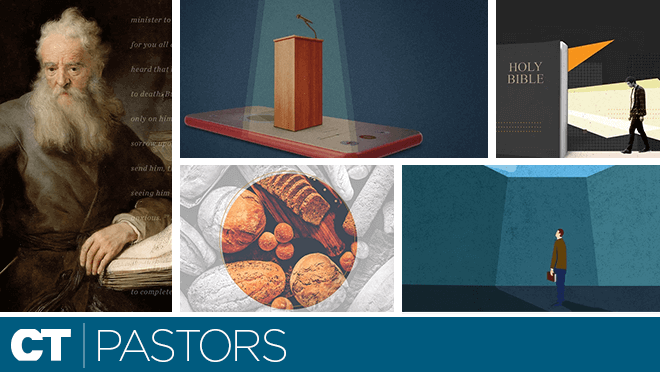Churches are getting smaller and larger"—that's the analysis of some who read church demographics. As the culture shifts, the two survivors seem to be large, full-service churches, and small, intimate-family churches.Many books and seminars trumpet churches that are large. Fewer provide help for churches that are small.
Leadership asked three veterans of small churches to give honest and practical answers to questions such as "What does growth mean when it may cause a church to lose what is most precious to it—its family feeling?" The candid discussion came from:
- Kathy Callahan-Howell, who planted and has ministered for twelve years in a small, urban church: Winton Community Free Methodist Church in Cincinnati, Ohio.
- Gary Farley, a former bi-vocational pastor, who served in the Town and Country department of the Home Mission Board (Southern Baptist) for thirteen years. He is director of the Center for Rural Church Leadership.
- Martin Giese, pastor of Faith Baptist Church in Park Rapids, Minnesota, and co-director of the Country Shepherds workshop, a training seminar for pastors of rural churches.
Tags:
From Issue:

Support Our Work
Subscribe to CT for less than $4.25/month
























